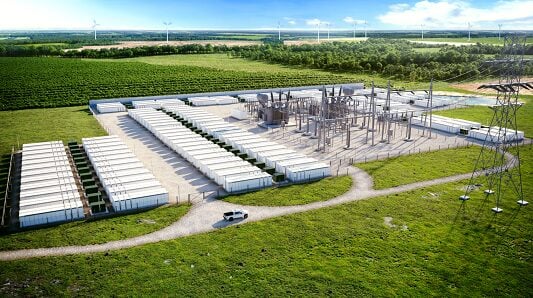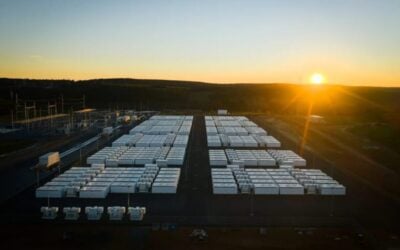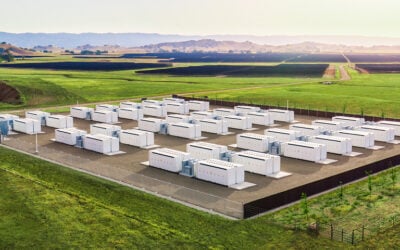
IPP Northland Power’s 250MW/1,000MWh Oneida Energy Storage project in Haldimand County, Ontario, Canada, has entered commercial operations.
The Oneida battery energy storage system (BESS) is the largest energy storage facility in operation in Canada.
Northland says the project was delivered ahead of schedule and under budget through a collaborative effort with Six Nations of the Grand River Development Corporation (SNGRDC), NRStor, Aecon Concessions and the Mississaugas of the Credit Business Corporation (MCBC).
These entities form the Oneida Energy Storage Limited Partnership (Oneida LP).
Try Premium for just $1
- Full premium access for the first month at only $1
- Converts to an annual rate after 30 days unless cancelled
- Cancel anytime during the trial period
Premium Benefits
- Expert industry analysis and interviews
- Digital access to PV Tech Power journal
- Exclusive event discounts
Or get the full Premium subscription right away
Or continue reading this article for free
Oneida uses 278 lithium-ion (Li-ion) battery units connected to Ontario’s electricity grid. Oneida LP will obtain fixed capacity payments via a 20-year capacity services contract with Ontario’s Independent Electricity System Operator (IESO).
Oneida LP will earn income by selling energy to the Ontario grid and offering ancillary services.
Notably, the BESS more than doubles Ontario’s energy storage capacity from 225MW to 475MW and is expected to reduce emissions in the province by approximately 1.2 – 4.1 million tonnes over its lifetime.
Northland says the project also created over 180 jobs during peak construction, particularly for Indigenous and Ontario workers.
Financial close for the Oneida BESS was announced by Northland in 2023. The total capital cost was given as CA$800 million (US$580 million).
Oneida also underwent a special gating process because of its importance to the province’s energy supply security.
Last month, Northland announced it achieved financial close of the 80MW/160MWh Jurassic BESS project located in Cypress County, Alberta, CA.
The company expects the project to be operational in late 2026, and construction is scheduled to begin soon.
Northland also owns Jurassic Solar+, currently in its late-stage development phase, and it will be integrated with the Jurassic BESS.
The solar portion of the project has a 220MWac capacity.





